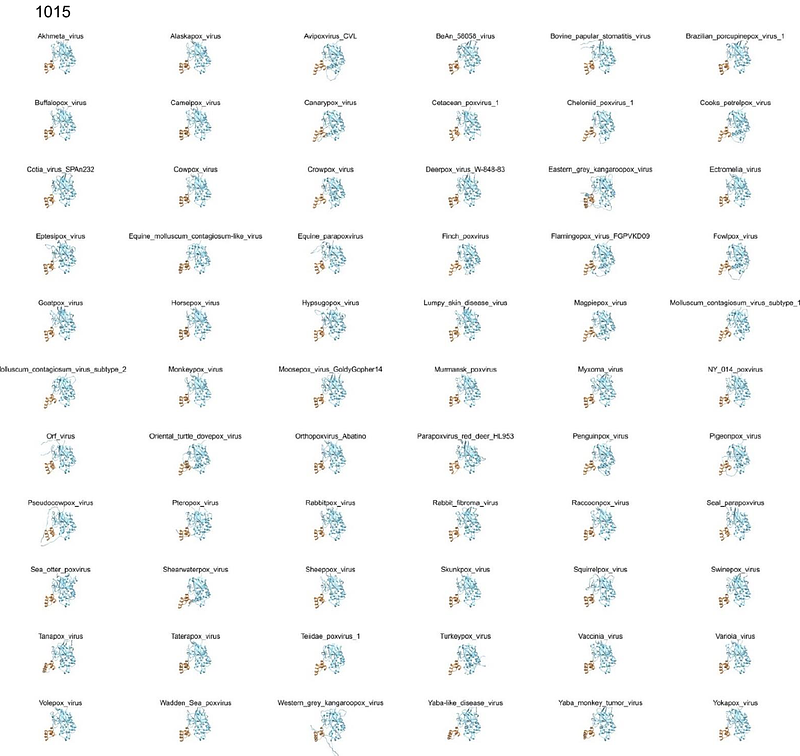Discovery of a Heparan-Sulfate Binding Domain in Monkeypox Virus H3 Protein as a New Anti-poxviral Drug Target

Discovery of a Heparan-Sulfate Binding Domain in Monkeypox Virus H3 Protein as a New Anti-poxviral Drug Target
Zheng, B.; Duan, M.; Lu, Z.; Liu, L.; Wang, S.; Huang, Y.; Tang, G.; Lin, c.; Zheng, P.
AbstractThe 2022 global outbreak of mpox virus (MPXV), recognized as a public health emergency by the World Health Organization (WHO), underscored the urgent need for specific antiviral agents. H3, a key antiviral target, mediates the adhesion of MPXV to host cells through its interaction with heparan sulfate (HS). Understanding the details of the H3-HS interaction has been challenging due to the highly flexible and complex nature of HS, which hinders its structural characterization. Utilizing state-of-the-art computational biology techniques, including molecular dynamics (MD) simulations, dynamic molecular docking, and AlphaFold2, we identified a novel alpha-helical domain in H3 critical for HS binding. This domain, conserved across orthopoxviruses, was validated experimentally, confirming its crucial role in viral adhesion at both molecular and cellular levels. Targeting this newly discovered HS-binding domain, we de novo designed a protein inhibitor, AI-PoxBlock723, which effectively disrupt the H3-HS interaction, and inhibit viral infection. Our work not only introduces a promising anti-poxviral drug candidate, but also provides a comprehensive framework for elucidating complex protein-glycan interactions.


